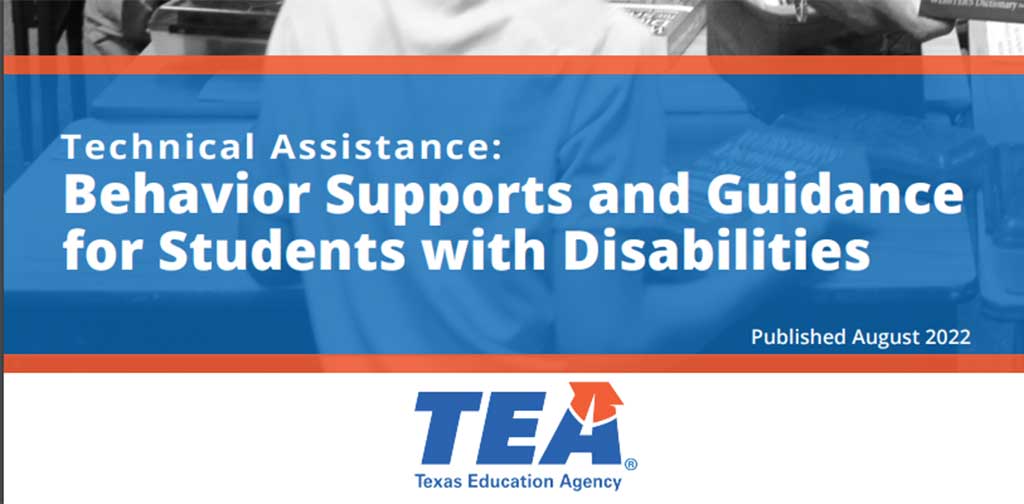Traditionally students with disabilities could enroll in any educational institution (community college, junior college, or four year college/university), trade school or technical institute that would accept them. Recently the Texas legislature passed legislation (Texas Success Initiative – TSI) designed to help postsecondary institutions determine if a student is ready for college level coursework.
Students who graduate in Texas must take the TSI assessment and score at a certain level to be accepted by the postsecondary program. Students can be exempt from the assessment, if they score above a certain score on the ACT, SAT, TAKS, have successfully completed college-level English and math courses, or transfer from a private or independent institution or an accredited out-of-state institution. A student may also be exempt if they have enrolled in a Level-One certificate program (fewer than 43 semester credit hours); are not seeking a degree; or have been, or currently are, in the military.
Prior to the administration of the new TSI assessment, an institution shall provide a pre-assessment activity to the student. The activity includes: an explanation of the importance of the TSI Assessment; practice test questions and feedback; an explanation of all your developmental education options, if you don’t meet the minimum passing standard; and information on campus and community resources that will help you succeed as a college student.
The TSI assessment tests English (writing & reading) & mathematics). The assessment includes multiple-choice questions that are aligned to the Texas College and Career Readiness Standards, and a written essay. The assessments are computer-adaptive, which means that questions increase or decrease in difficulty level depending on the response. The assessments are untimed and provide diagnostic profiles to help identify types of supports/interventions that may help the student in learning.
It is not clear if accommodations are allowed for the assessment. The student immediately receives information on their score and skill or proficiency levels. There are three possible designations given: College Ready (meets or exceeds statewide standards); Developmental Education (remedial – high school skill levels); and Adult Basic Education (pre-high school skill levels). The required score for each designation increases for several years. If the person scores in the Adult Basic Education level, they will probably be referred to other state or community agencies or resources.
There is a cost for taking the initial assessment ($29) and retaking one of the three tests ($15 per test). Students may retake any or all portions of the test at anytime, subject to availability. Some public schools are paying this cost for their students.
Parents and students need to be aware that four-your public universities, community, junior colleges and Texas State Technical Colleges are still determining how to implement the new regulations and process. Each of these entities will decide what developmental education options that students will have and what they must do to be enrolled in a degree program or a Level-Two certificate program (more than 43 semester credit hours).
At any of these institutions, in addition to the TSI requirements, additional placement testing and/or admission requirements may be required for entry into specific courses, colleges or programs. So it is always important for individuals to contact the post-secondary school about their basic requirements, and requirements for specific courses, colleges or programs and how they would apply for them. It is also important to note that community and junior colleges and the TSTC system also have disability assistance departments. Knowing what services a school can provide to a student with a disability can assist them in selecting an institution to attend. It is also important to register for services early.
The Texas State Technical College (TSTC) System has facilities in Harlingen, Marshall, Waco, and West Texas.



